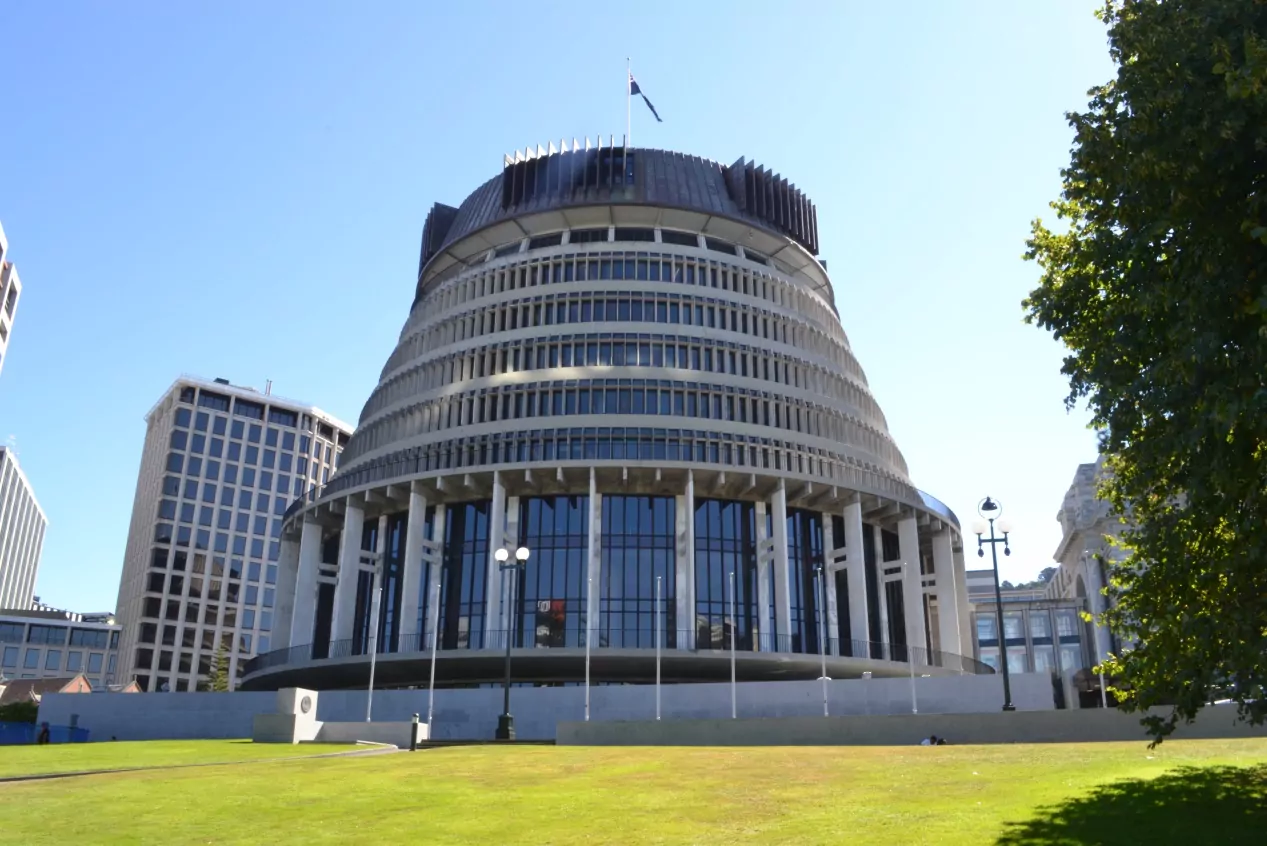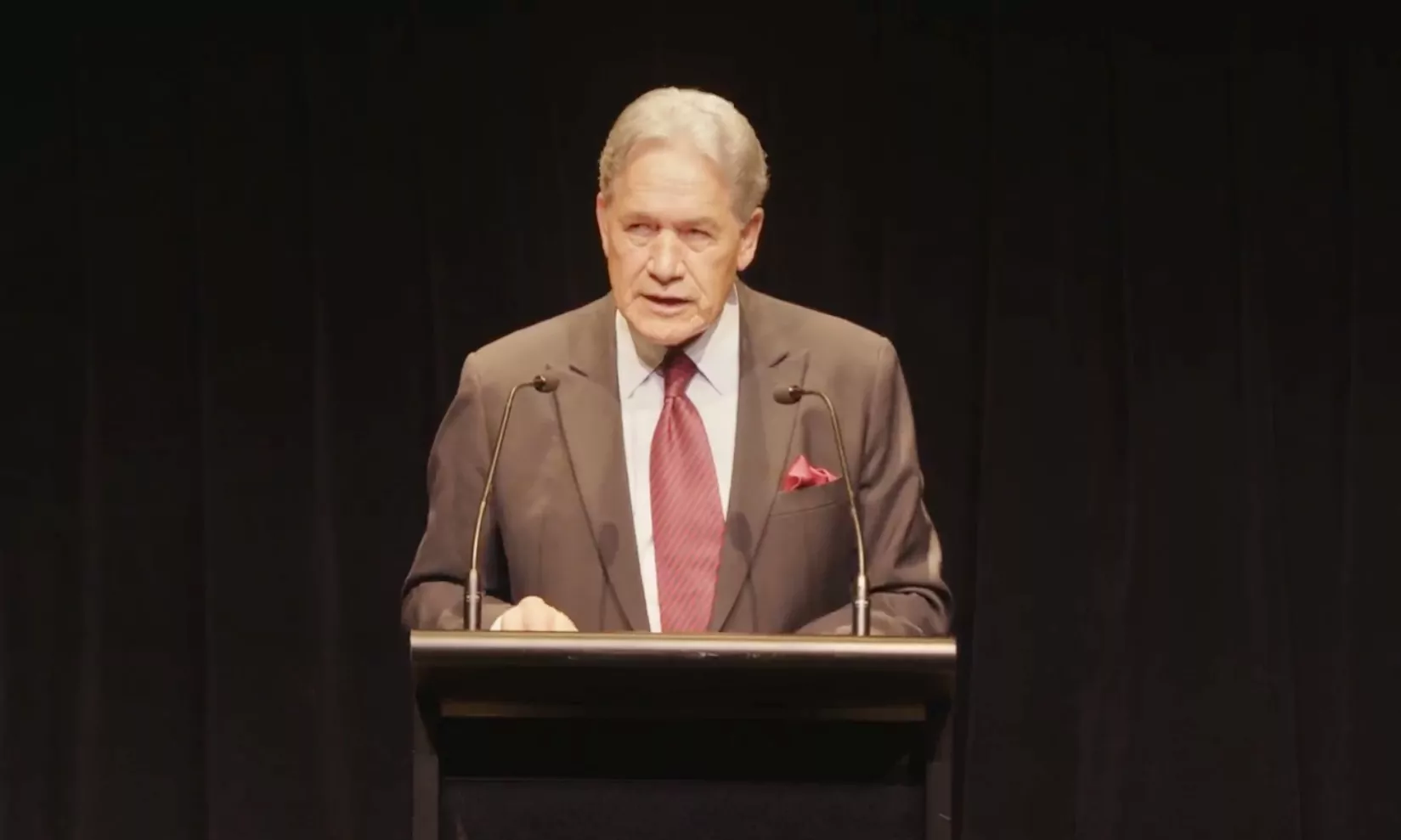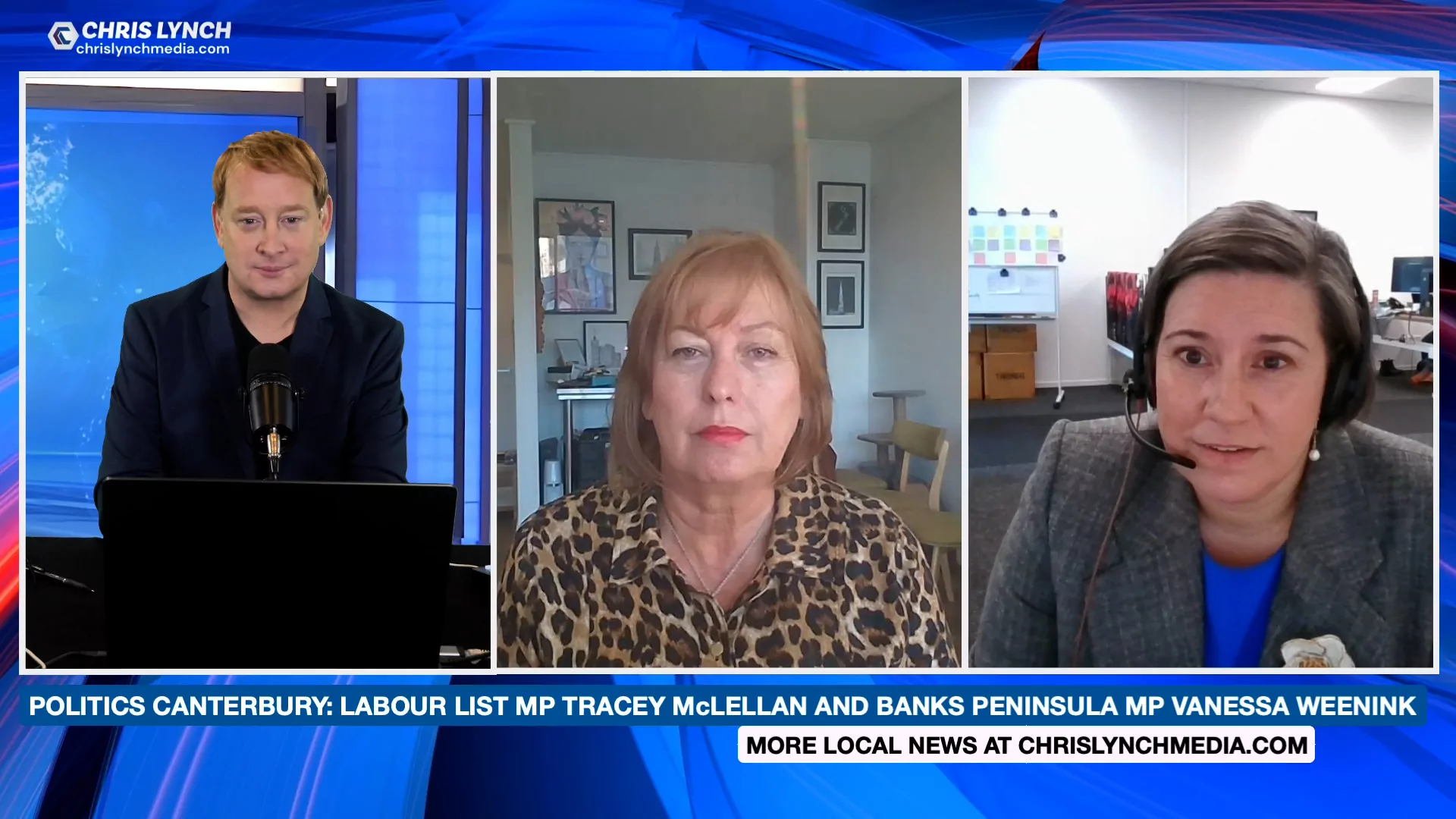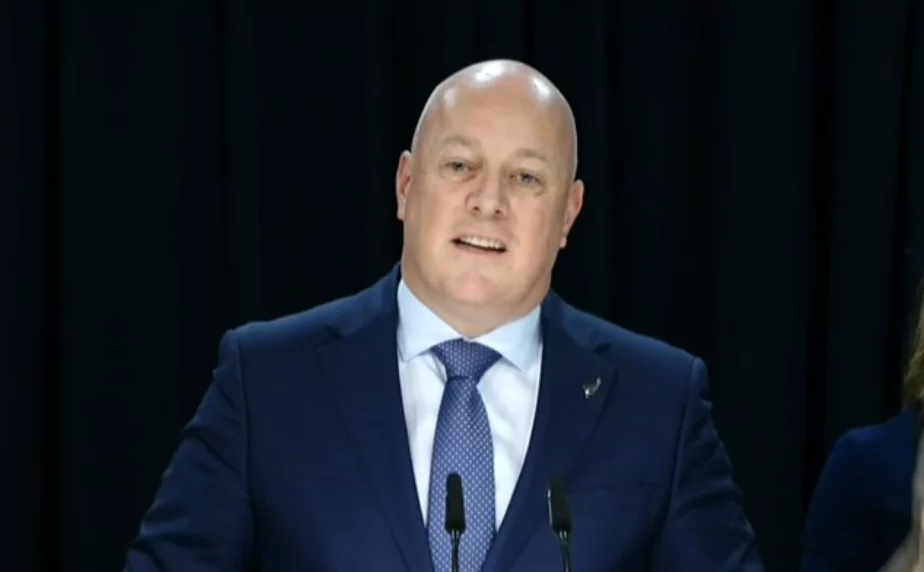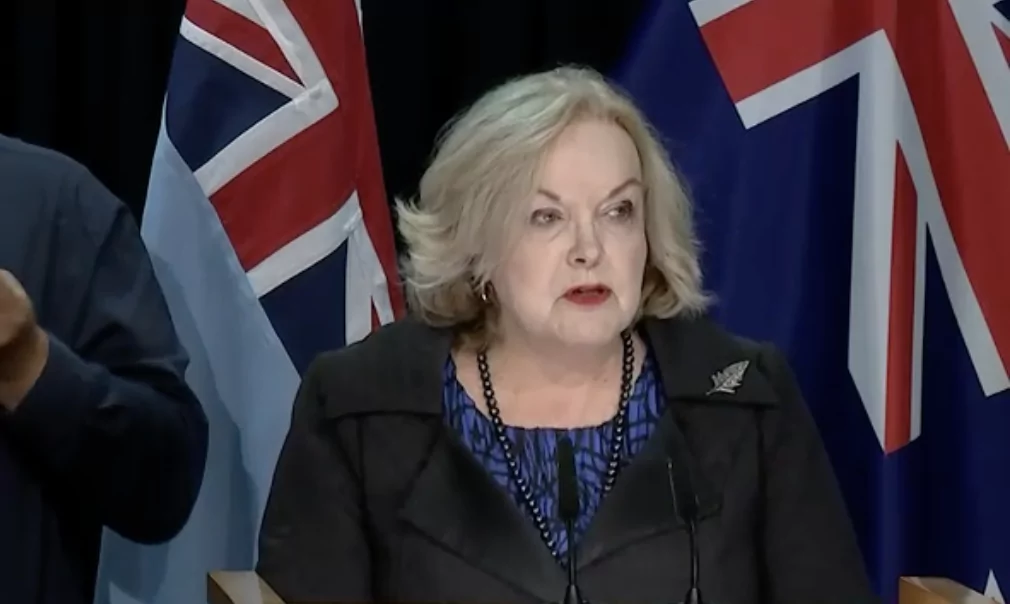A controversial bill that sought to define the principles of the Treaty of Waitangi in law will not proceed, following a scathing report by Parliament’s Justice Committee.
Chaired by National MP James Meager, the committee said it had examined the Principles of the Treaty of Waitangi Bill and, by majority, recommended the House not proceed with it.
The committee also considered two related petitions from Chris Hickson and Maringi Te Rangi-Ataahua James, which called for the bill to be scrapped.
The legislation, introduced under the coalition agreement between the National and ACT parties, was based on ACT policy.
It aimed to redefine the Treaty principles in law, replacing current interpretations developed by the courts and the Waitangi Tribunal with three new principles: civil government, the rights of hapū and iwi Māori (only as agreed in Treaty settlements), and equality before the law.
ACT leader David Seymour has claimed the bill was intended to “democratise” the Treaty by giving all New Zealanders the opportunity to vote on it in a binding referendum. But the committee’s report revealed strong resistance from across the political spectrum and broader New Zealand society.
More than 307,000 submissions were received, making it the most submitted-on bill in New Zealand’s parliamentary history. A clear majority of those submissions opposed the bill.
The committee held more than 79 hours of oral submissions from 529 submitters and acknowledged that despite this, only a fraction of submitters could be heard due to time constraints. Many submitters raised serious concerns about the bill’s legal, social, and constitutional implications.
Bill would “undermine democracy and social cohesion”
The committee’s analysis found that opponents viewed the bill as fundamentally inconsistent with Te Tiriti o Waitangi, arguing it would override established legal interpretations and potentially strip Māori of collective rights recognised through the courts, the Waitangi Tribunal, and international law.
Key themes from the opposition included:
•A rejection of the bill’s portrayal of the Treaty principles as unclear or undefined
•Concern that the bill ignored the intent and text of Te Tiriti o Waitangi, particularly the Māori version
•Alarm that the bill placed individual equality above collective indigenous rights, thus promoting formal equality over substantive equity
•Fears it would worsen social cohesion, reduce trust in government, and damage New Zealand’s international reputation
•Strong condemnation of the bill’s use of a referendum to determine the status of Treaty rights
Green, Labour, and Te Pāti Māori MPs strongly reject bill
The Green Party said the bill was “an insult to Māori,” describing it as “a legislative attack” and “a culture war imported from overseas.” The party argued the proposal attempted to unilaterally rewrite New Zealand’s founding document without the consent of both parties to the Treaty.
In an extensive dissenting report, Green MP Tamatha Paul said the bill misrepresented established Treaty principles, undermined judicial independence, and placed vulnerable communities at greater risk.
“The existing Treaty principles have been developed over decades by the courts and Waitangi Tribunal. They provide clarity, not confusion,” Paul said. “Parliament is not qualified to redefine the Treaty unilaterally.”
Te Pāti Māori said the bill was a deliberate effort to erase indigenous rights and assert Parliamentary dominance over Māori. The party said over 100,000 people had marched against the bill from both ends of the country and it posed a threat to national unity.
“This bill is a distortion of Te Tiriti o Waitangi based on a false historical narrative. It undermines the legitimacy of Parliament, which only exists because of Te Tiriti,” the party said.
Labour MPs also expressed deep concern, calling the bill “wasteful, divisive, and futile.” The party criticised Prime Minister Christopher Luxon for allowing the bill to proceed, describing the process as rushed and disrespectful to those who submitted.
Claims of procedural failure and disrespect
The committee faced criticism for reporting the bill back earlier than expected—on 3 April 2025, more than a month ahead of the 14 May deadline—despite acknowledging that many submissions had yet to be processed or publicly released.
Labour MP Hon Dr Duncan Webb moved unsuccessfully for the committee to seek an extension to ensure all submissions were reviewed. Thousands of submissions remain untabled and will not form part of the official record unless Parliament intervenes.
“This is a demonstrable lack of leadership,” Webb said. “New Zealanders were promised a say on this bill and that promise has now been denied.”
The committee had asked the Business Committee for permission to continue releasing submissions after tabling its report, but no agreement was reached. The Clerk of the House is expected to publish remaining submissions online under “General Business,” meaning they may not be considered part of the official legislative record.
ACT says bill about equality, not division
In its minority report, ACT said the bill aimed to bring clarity to Treaty principles and ensure all New Zealanders are treated equally before the law.
“Treaties should unite people, not divide them,” ACT said. “We believe that the rights of all New Zealanders should be equal, and that Māori rights under the Treaty should be respected—but not superior.”
ACT denied the bill would strip any existing rights and argued that redefining the Treaty principles was necessary to end what it described as “a separate system of rights based on ancestry.”
Final recommendation
In its concluding recommendation, the Justice Committee said, “We have examined the Principles of the Treaty of Waitangi Bill and recommend, by majority, that this bill not proceed.”
Both petitions considered by the committee—calling for the bill to be abandoned—were addressed by the recommendation, and the committee had no further matters to raise with the House.
